Fake Celebrity Chatbots Are Targeting Teens And Hollywood Parents Are Fighting Back
By Chukwudi Onyewuchi on October 14, 2025 at 7:30 PM EDT
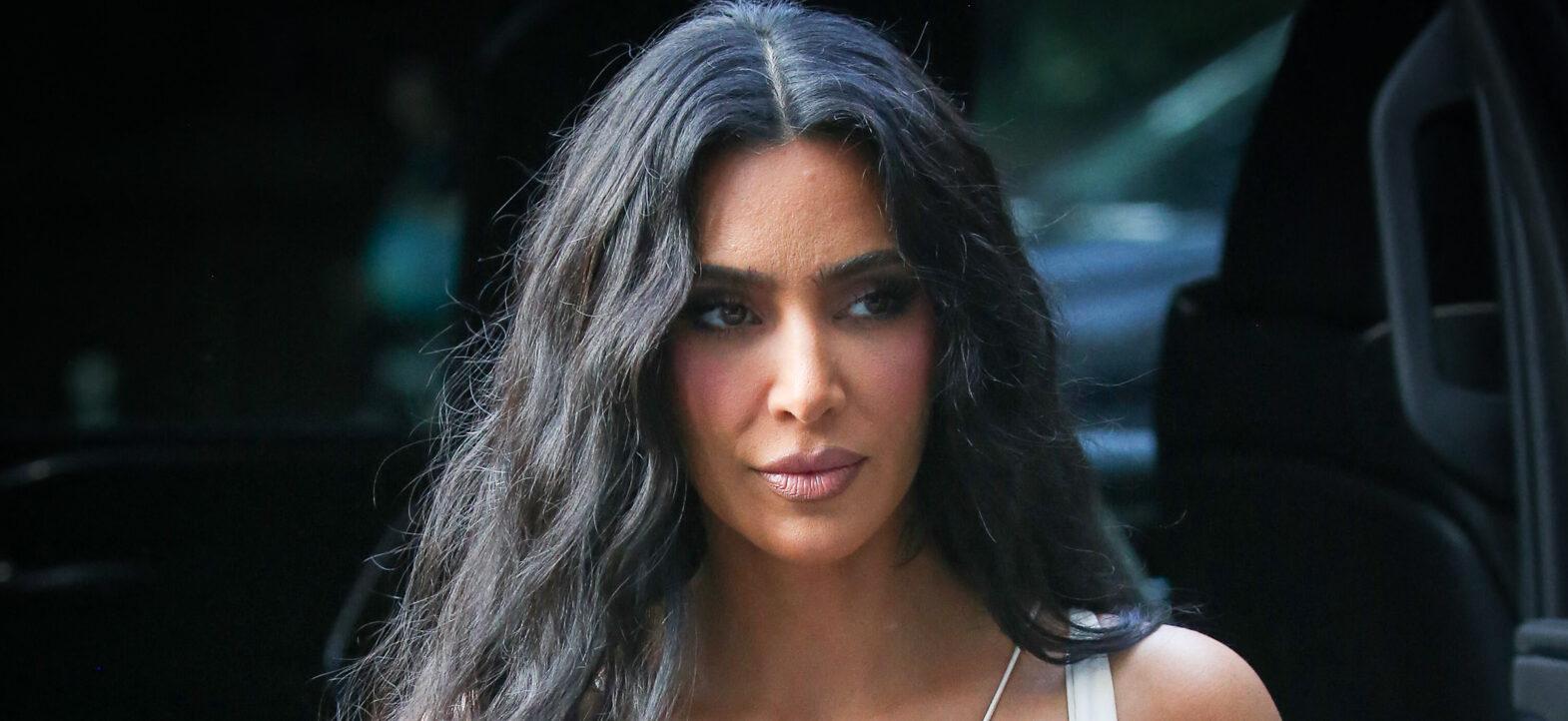
From Kim Kardashian personally monitoring her daughter’s TikTok to Jennifer Garner delaying phone privileges, Hollywood’s most protective parents have long warned about digital dangers.
But now, their fears have become chillingly real.
Recently, reports revealed that AI chatbots are impersonating celebrities and striking up “overly personal conversations” with teens, sparking new panic across Hollywood and beyond.
Hollywood Celebrities Confront A New Kind Of Imposter
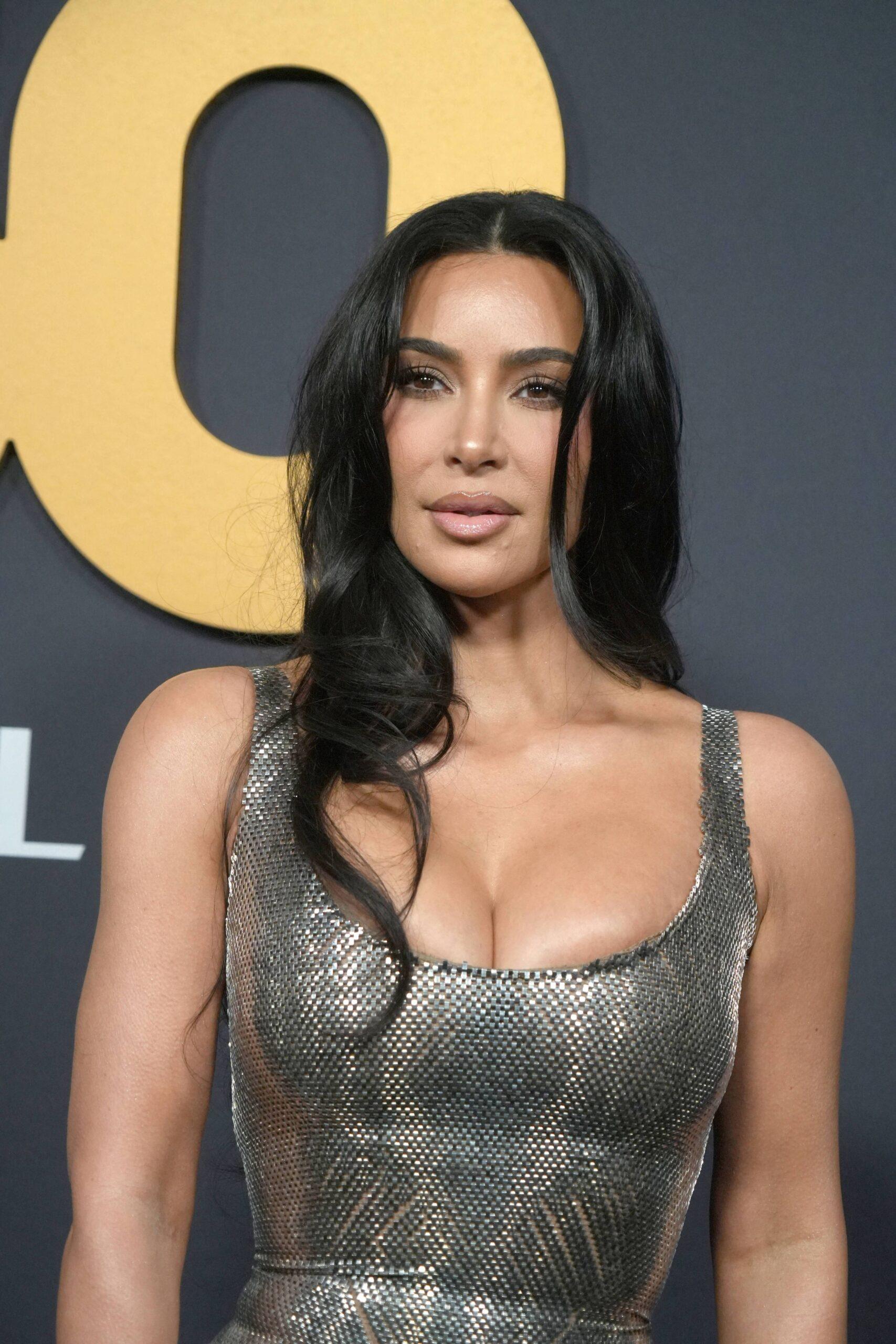
When Kim Kardashian revealed she keeps close watch over North West’s TikTok, it underscored how intense parenting in the digital age has become.
Kristen Bell and Dax Shepard have strict screen-time limits, while Jennifer Garner admits she waited longer than most before letting her kids have phones.
However, those everyday struggles with social media have taken a disturbing turn.
The Washington Post recently reported that chatbots are now impersonating celebrities and engaging teens in “overly personal conversations.” What sounds like the plot of a sci-fi thriller is already happening across popular platforms, where millions of kids interact daily.
For famous parents who’ve spent years warning about the blurred lines between fame and online access, the news hit especially hard.
These aren’t just fake fan accounts anymore; they are AI-driven replicas capable of emotional manipulation.
Disney Takes Legal Action As Fears Escalate
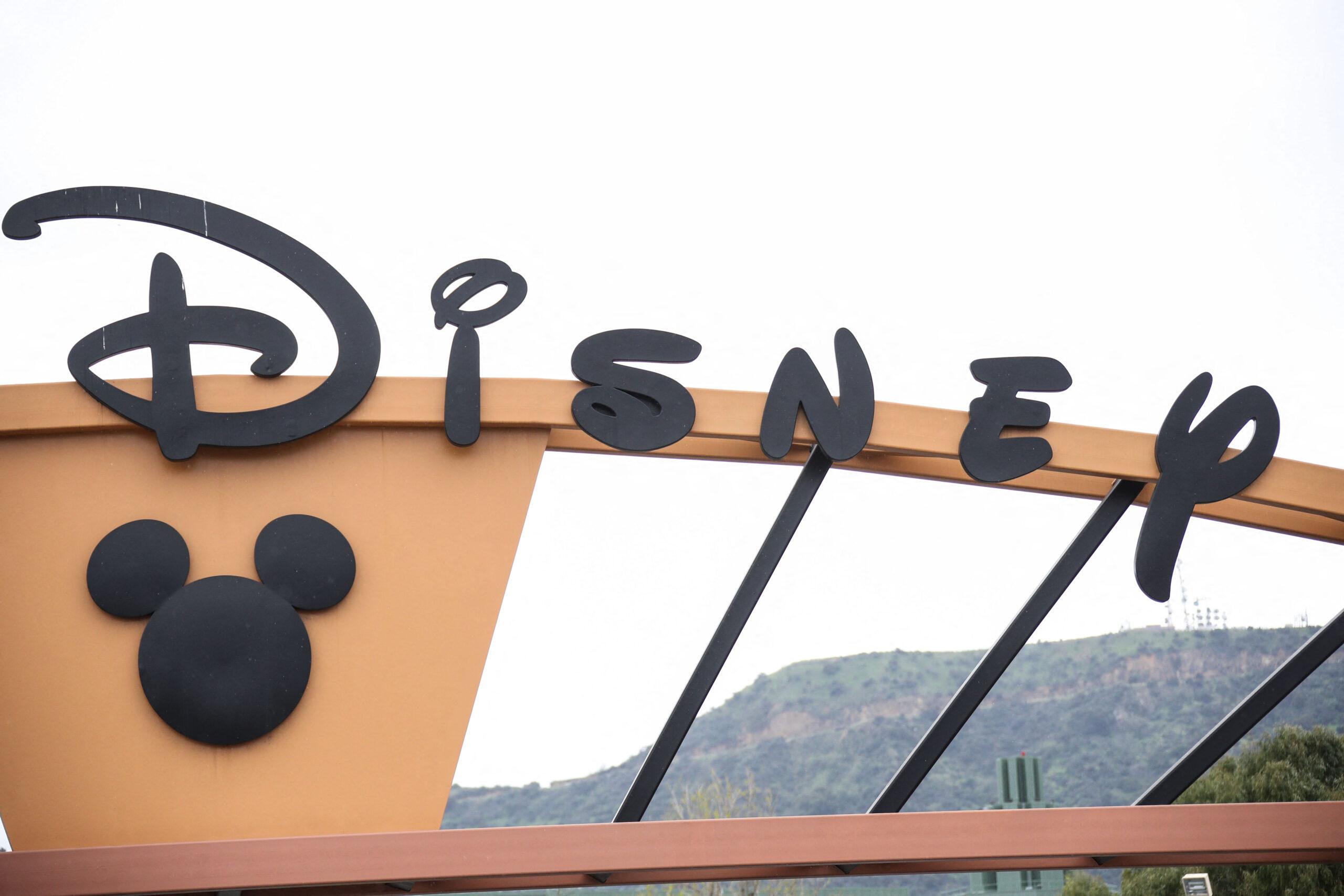
Even entertainment giants are being dragged into the chaos.
Disney was recently forced to send a cease-and-desist letter to a chatbot company that misused its beloved characters, warning of potential “grooming and emotional manipulation.”
The growing trend has many calling for accountability, and many are turning to celebrities themselves to speak up.
Parents, both famous and not, want Hollywood to push for stronger regulations on tech companies that profit from blurred identities.
At the same time, Congress has revived the Kids Online Safety Act, a long-discussed bill that would require tighter protections for minors and limit addictive features in digital apps.
Together, these moves signal what celebrity parents have been hinting at for years that raising children in a hyperconnected world has become a fight against invisible dangers.
Hollywood Parents Embrace Tech That Protects
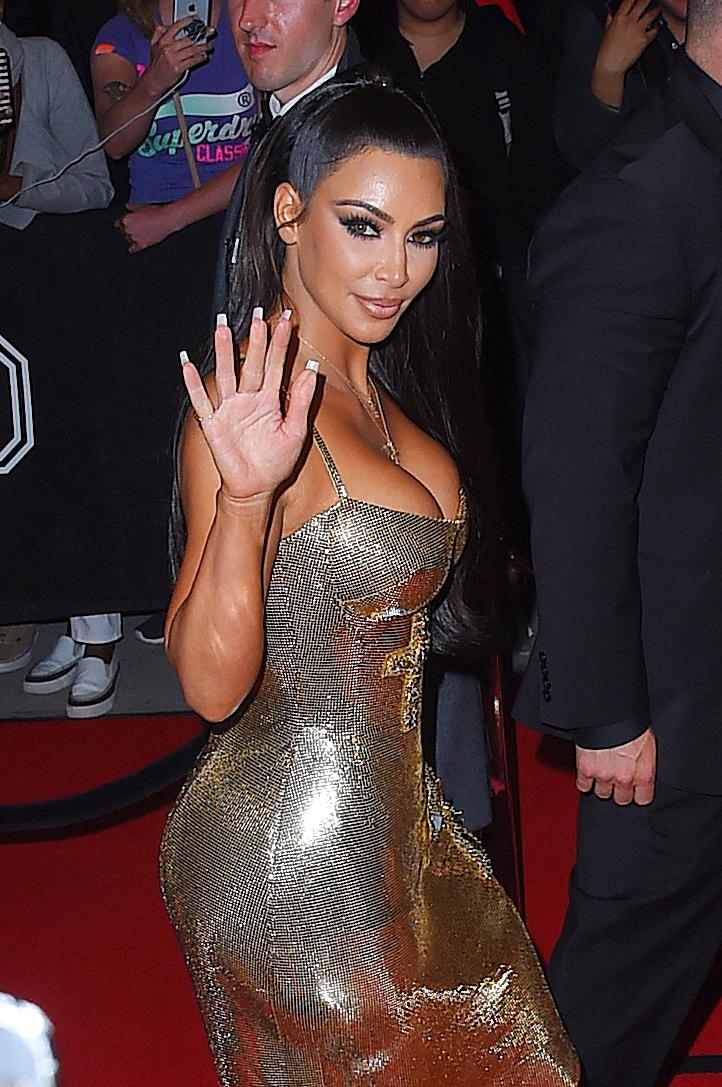
A joint study by the University of Maryland and Microsoft, published in the International Journal of Trendy Research in Engineering and Technology, revealed that children are more likely to embrace wearable tech when it gives them a sense of independence, while parents prefer tools that protect without invading privacy.
That balance between freedom and oversight is exactly what celebrity parents like Bell, Garner, and Kardashian describe when discussing digital boundaries.
Now, the next wave of tech aims to help. Smart devices such as the Bark Watch include SOS buttons, GPS tracking, and AI alerts that flag bullying, predation, or suicidal ideation. The goal isn’t surveillance but safety.
As technology continues to blur the line between reality and imitation, Hollywood’s most cautious parents are becoming unlikely advocates for change.
In a world where even a familiar face can be faked, the message is clear: staying connected must never come at the cost of staying safe.
AI Deepfake Scandal Highlights Growing Distrust In Media
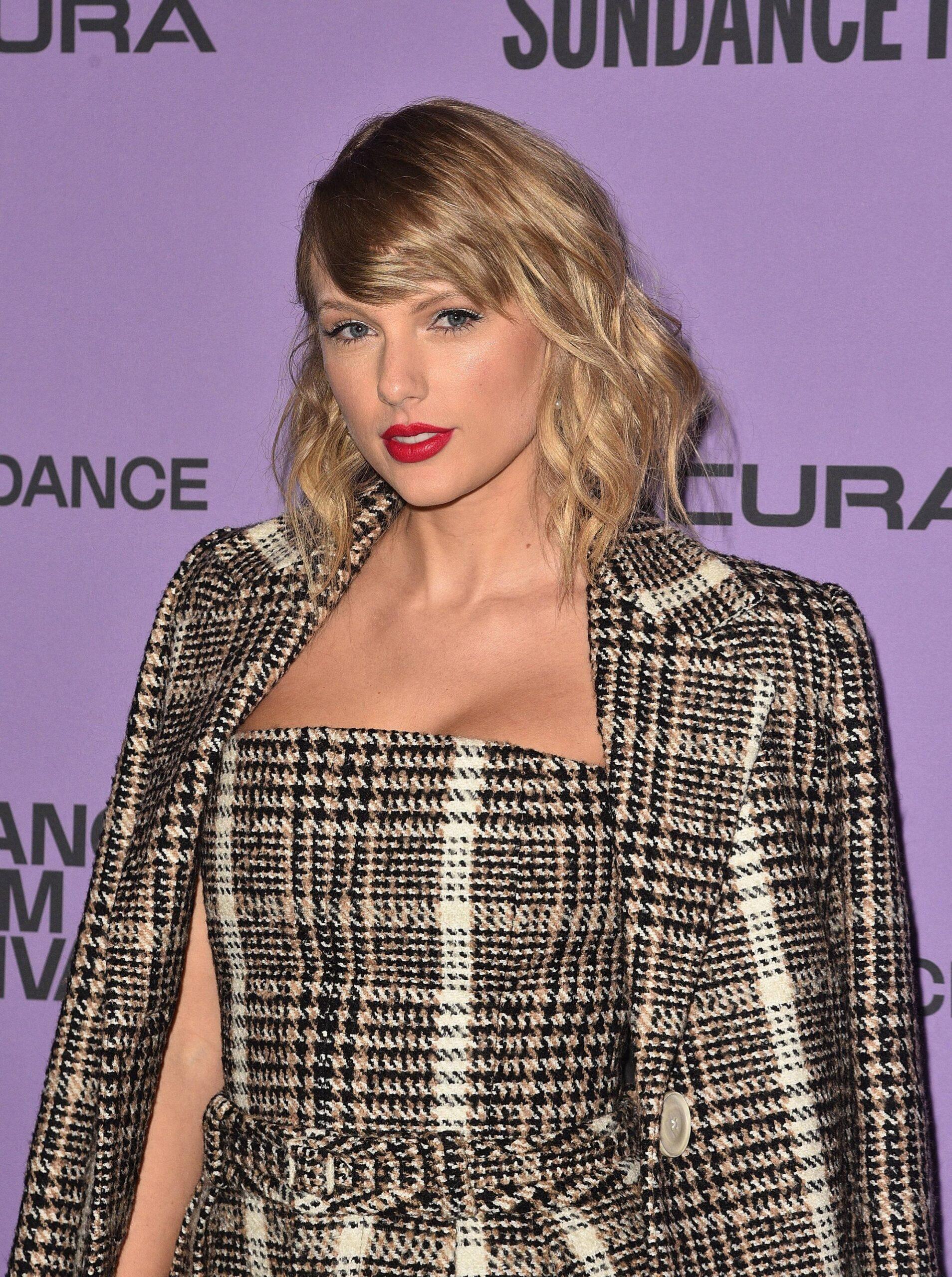
The concerns regarding AI chatbots are part of another issue for Hollywood celebrities.
Taylor Swift, known for her record-breaking “Eras Tour” and recent engagement to Travis Kelce, became the unwilling center of a disturbing digital controversy.
In August, Elon Musk’s xAI Grok Imagine tool reportedly created explicit AI-generated videos of Swift, prompting widespread outrage and reigniting debate over the ethics of artificial intelligence.
Experts warn that deepfake technology is eroding public confidence in what they see online, a growing “trust crisis” affecting entertainment and news alike.
According to a TruthScan survey of 1,000 Americans, 62% said it is “never acceptable” for films or media to use AI to depict real people without consent.
Ninety-seven percent rejected using anyone’s likeness without permission, except for limited cases like satire or historical reenactments. The same poll revealed that 85% of Americans now feel less likely to trust online content compared to a year ago.
Concerns extend beyond celebrities. Eight in ten respondents feared AI could impersonate them or loved ones in scams or fake recordings. Seventy-three percent named video manipulation as their biggest concern, followed by edited images, audio, and text.
Benjamin Miller, Chief Operating Officer of Undetectable AI, explained to The Blast, “People are more comfortable using AI themselves in ways they find helpful, but it is larger corporations or bad actors using AI that scares them.”
Low-effort “cheapfakes,” altered clips designed to mislead, have also surged online.
One viral example featured a fabricated video of Mark Wahlberg being scolded on The View, underscoring how deceptive edits can rapidly spread without disclosing their synthetic nature.
Hollywood Faces Pressure After Taylor Swift Deepfake Outrage
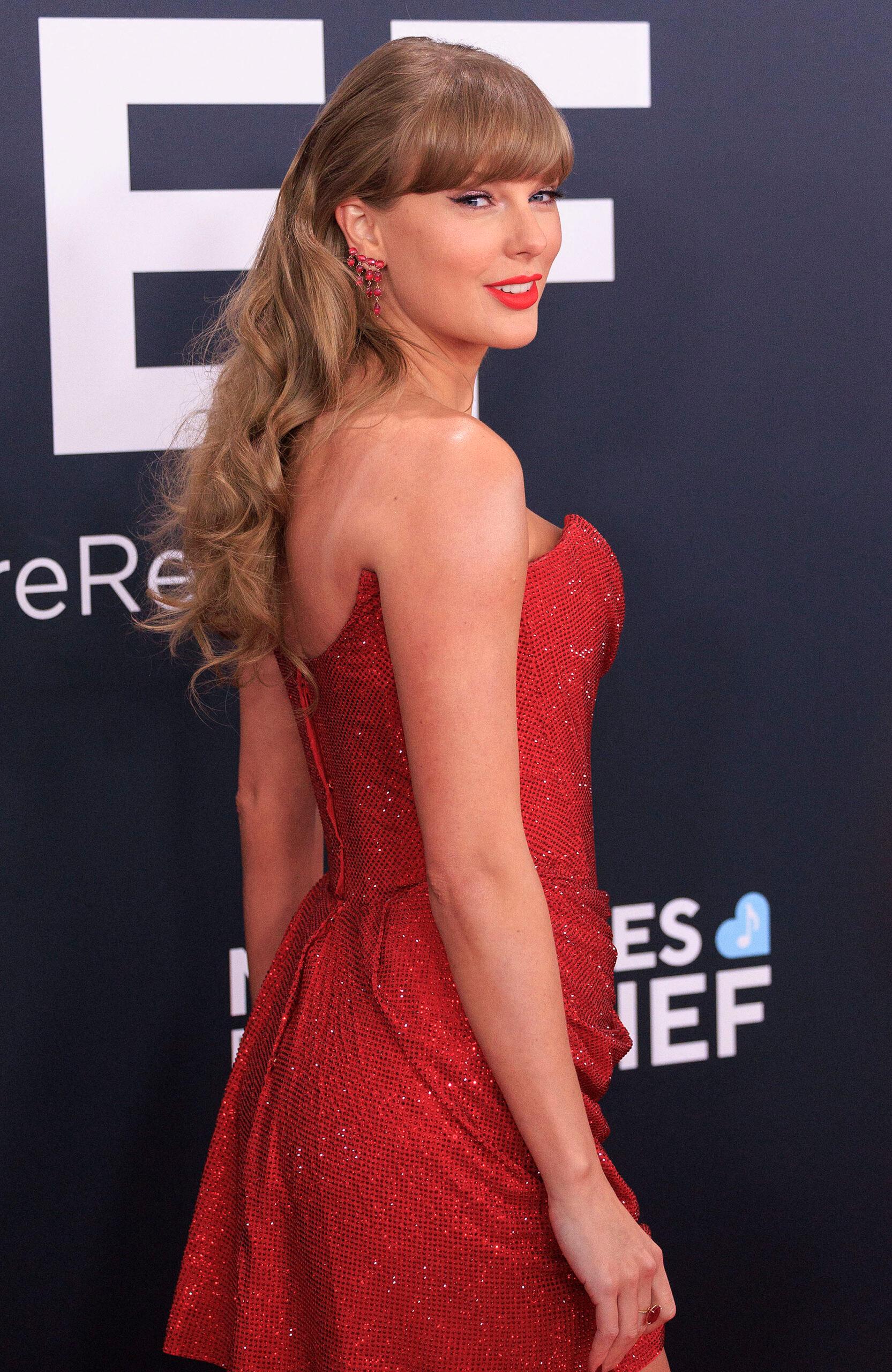
Swift’s experience isn’t isolated.
Last year, explicit AI-generated images of her circulated widely on X, formerly Twitter, accumulating over 47 million views in less than a day before the account was suspended.
By then, the content had already been downloaded and shared through other platforms, proving how difficult it is to contain harmful AI material once released.
The incident has intensified calls for stronger AI regulations in Hollywood and beyond, emphasizing that even global icons like Taylor Swift remain vulnerable in the digital era.